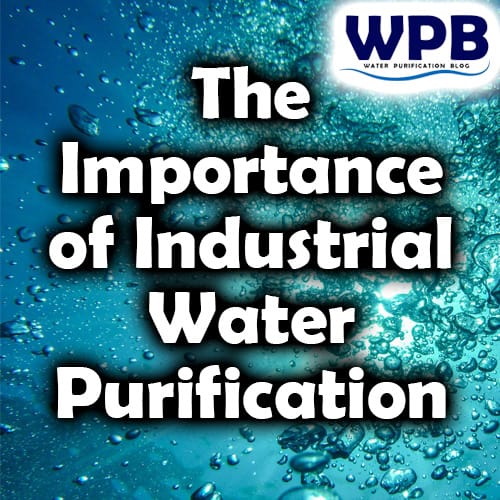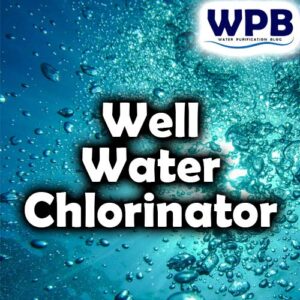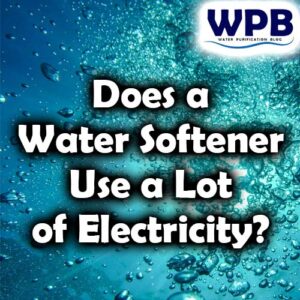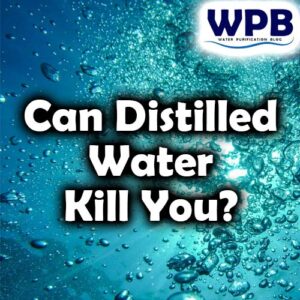In today’s rapidly evolving industry, the importance of industrial water purification cannot be overstated.
Industries across various sectors, such as chemical, petroleum, food processing, textiles, rely on large quantities of high quality water for a multitude of applications.
From manufacturing and processing to heating, cooling, washing, and rinsing, water plays a vital role in ensuring smooth operations.
However, the use of water in industry also necessitates proper treatment to ensure its quality and make it suitable for usage.
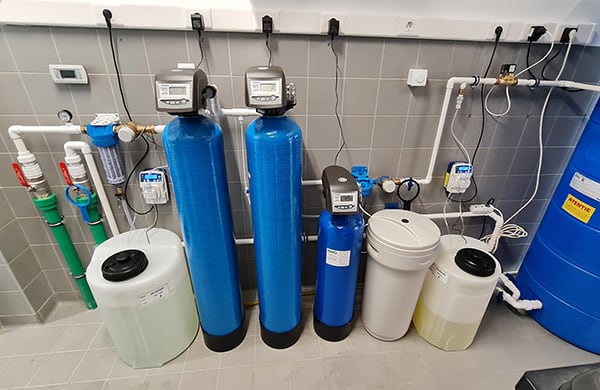
Table of Contents
Understanding Industrial Water Treatment
Industrial water treatment consists of a wide range of processes aimed at meeting the required quality specifications and enhancing the usability of water in specific industrial processes.
It involves the purification and disinfection of water, making it suitable for a wide array of applications, including industrial, medical, pharmacological, and chemical purposes.
The purification of water used in industrial settings has to comply to some key aspects, including industrial wastewater treatment and boiler water treatment, among others.
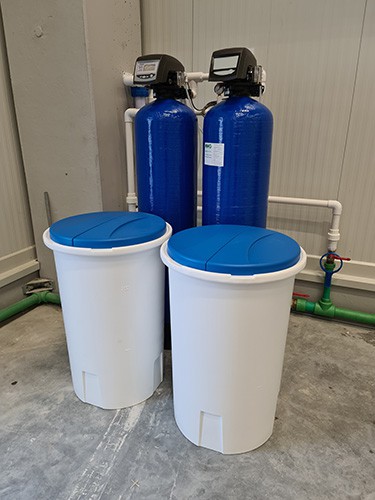
Significance of Water Purification in Industry
Industrial water purification serves as the collective term for a group of processes designed to make water more suitable for various applications, such as drinking, medical use, and industrial use.
By implementing efficient water purification methods, industries can remove or reduce existing contaminants in water, ensuring that it meets the necessary standards for its intended use.
This not only promotes the well-being of the environment but also safeguards human health and contributes to the overall sustainability of industrial operations.
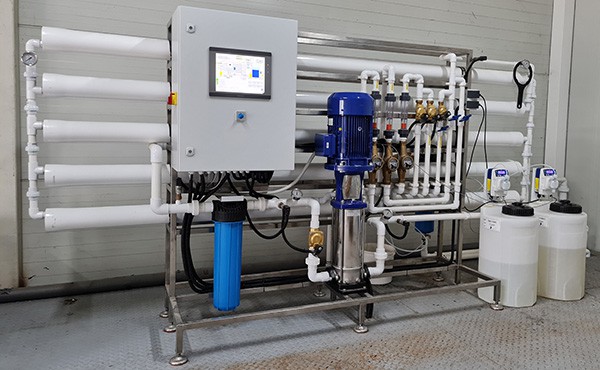
The Importance of Industrial Water Purification
- Efficiency Enhancement: Proper industrial water purification enables companies to optimize their operations by ensuring the consistent availability of clean and reliable water. By eliminating water hardness from water, dissolved salts, impurities, such as suspended solids, organic matter, iron, manganese, arsenic and other harmful substances, industrial water treatment helps prevent equipment corrosion, scaling, and fouling, ultimately extending the lifespan of expensive equipment and reducing maintenance costs.
- Environmental Stewardship: As industries strive to minimize their environmental impact, efficient water purification systems play a pivotal role. By treating and reusing water, industrial processes can significantly reduce their reliance on freshwater sources, easing the strain on local ecosystems and conserving this precious resource. Moreover, by removing contaminants before discharge, industrial water treatment helps safeguard aquatic life and the overall health of natural water bodies.
- Regulatory Compliance: Stringent regulations and standards govern the quality of water used in industrial processes. Adhering to these guidelines is essential for companies to remain compliant, avoid penalties, and maintain a positive reputation. Implementing effective water purification practices ensures that industries meet the necessary requirements, protecting both their operations and the surrounding environment.
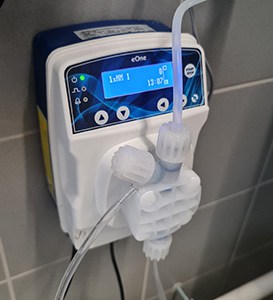
Cutting-Edge Technologies in Industrial Water Purification
To achieve the highest level of water quality, industrial water purification systems employ a range of innovative technologies.
These advancements contribute to enhanced efficiency, sustainability, and cost-effectiveness in water treatment processes. Here are a few notable technologies that have gained prominence:
- Water softening: Water softeners are pillar devices in industrial water purification. Limescale deposits, with hard water usage, make big problems and much higher operating costs. Also, water softeners are required as a pre-treatment of other water purification technologies, like reverse osmosis, EDI, etc…
- Reverse Osmosis (RO): Utilizing semi-permeable membranes, RO technology effectively removes dissolved salts, contaminants, and other impurities from water. Reverse osmosis process produces high-quality, purified water suitable for diverse industrial applications, from pharmaceutical manufacturing to power generation.
- Activated Carbon Filtration: By utilizing activated carbon, this filtration method removes organic compounds, chlorine, and volatile substances, improving water taste and odor. Activated carbon filters find applications in industries that require precise water quality, such as food and beverage production.
- UV Disinfection: Ultraviolet (UV) disinfection systems employ UV light to inactivate harmful microorganisms, including bacteria, viruses, and protozoa. This technology ensures reliable microbial control without the use of chemicals, making it environmentally friendly and cost-effective.
- Electrodeionization (EDI): EDI combines ion exchange resins with electricity to remove ions from water, delivering high-purity output. This technology finds extensive use in industries where water quality requirements are stringent, such as electronics manufacturing and power plants.
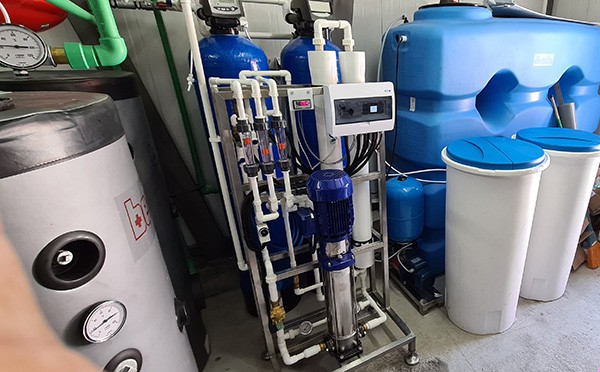
Conclusion
Industrial water purification stands as a crucial pillar supporting efficient and sustainable industrial practices. By treating water used in various industrial processes, companies can enhance efficiency, comply with regulations, and minimize their environmental impact. The implementation of cutting-edge purification technologies, such as reverse osmosis, activated carbon filtration, UV disinfection, and electrodeionization, further elevates the quality and usability of industrial water.
As industries continue to prioritize sustainability and responsible resource management, robust water purification practices will remain at the forefront of their operational strategies. By harnessing the power of advanced technologies and adhering to rigorous quality standards, industries can optimize their water usage, reduce their ecological footprint, and pave the way for a more sustainable future.

Who am I?
I am working as a water treatment technical manager and I have more than 25 years of practical experience in water purification.
Water purification expert
After many years of experience in water purification, I want to share some of my knowledge and get people to know the real importance of water quality.
Water purification and water treatment are very complex themes, so it is important to explain them in an easy-to-read way.
On this blog, you will find many understandable, easy-to-read information about water purification.
I hope you enjoy it, find some useful information, and thank You for reading.
More info on my work and my expertise on water purification can be found on my LinkedIn profile.

